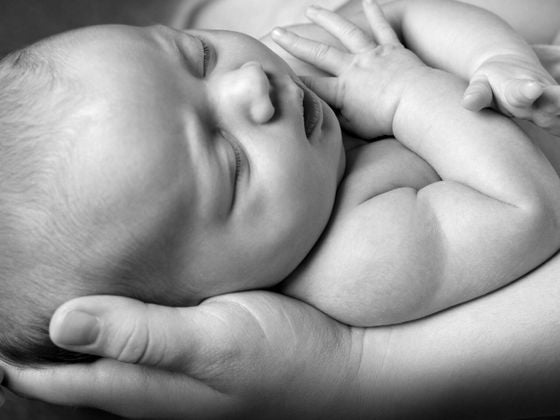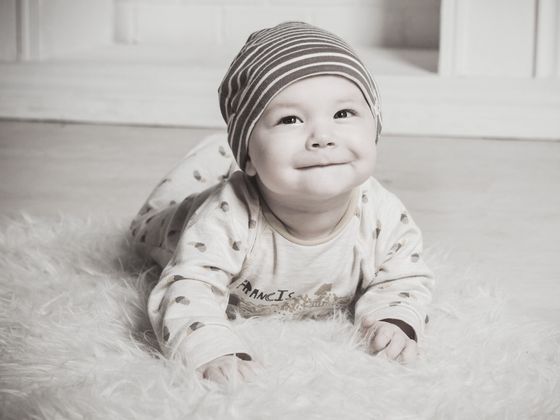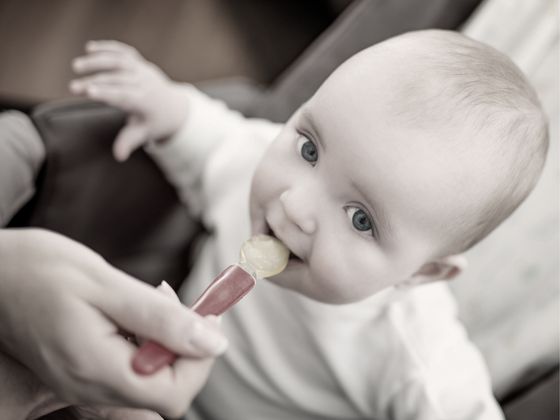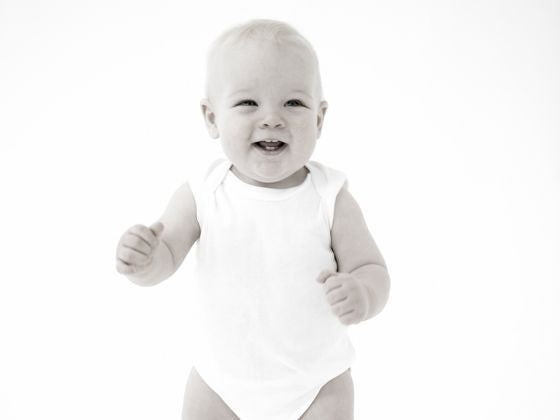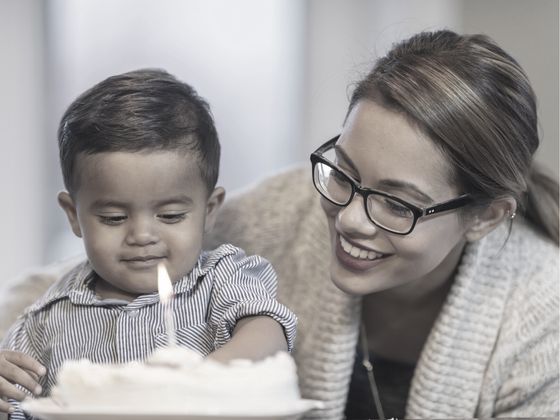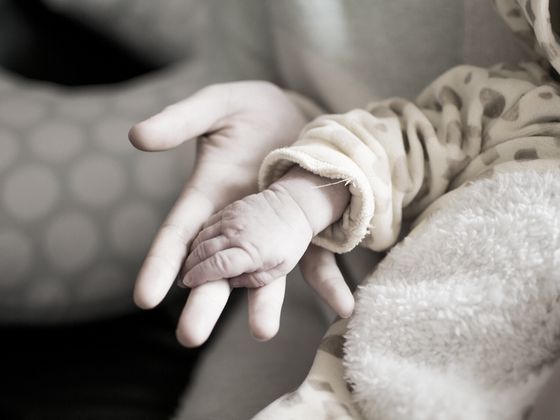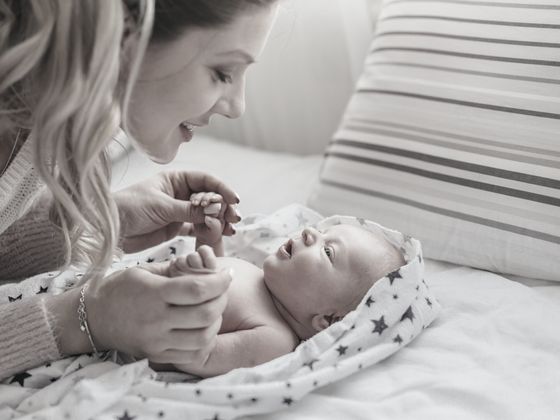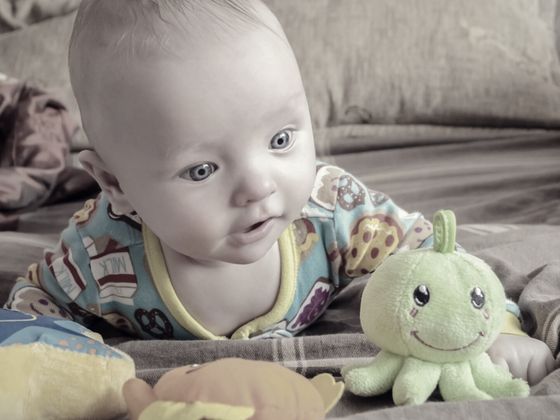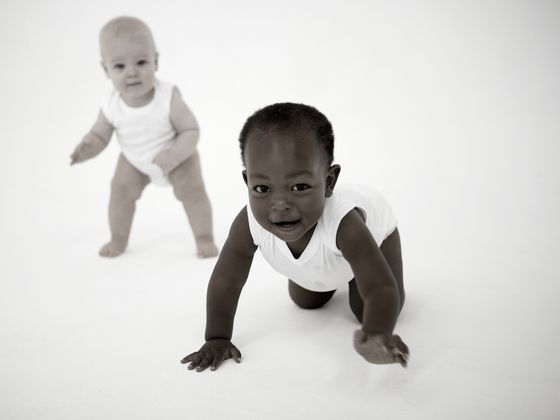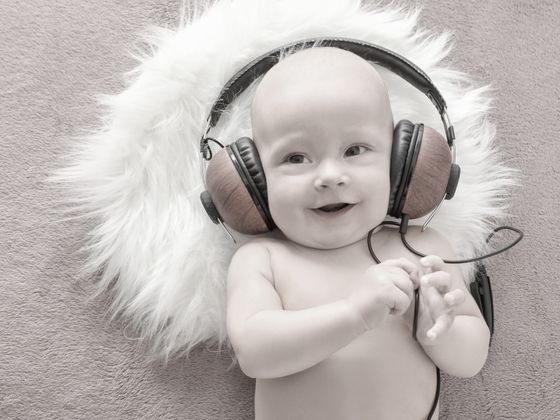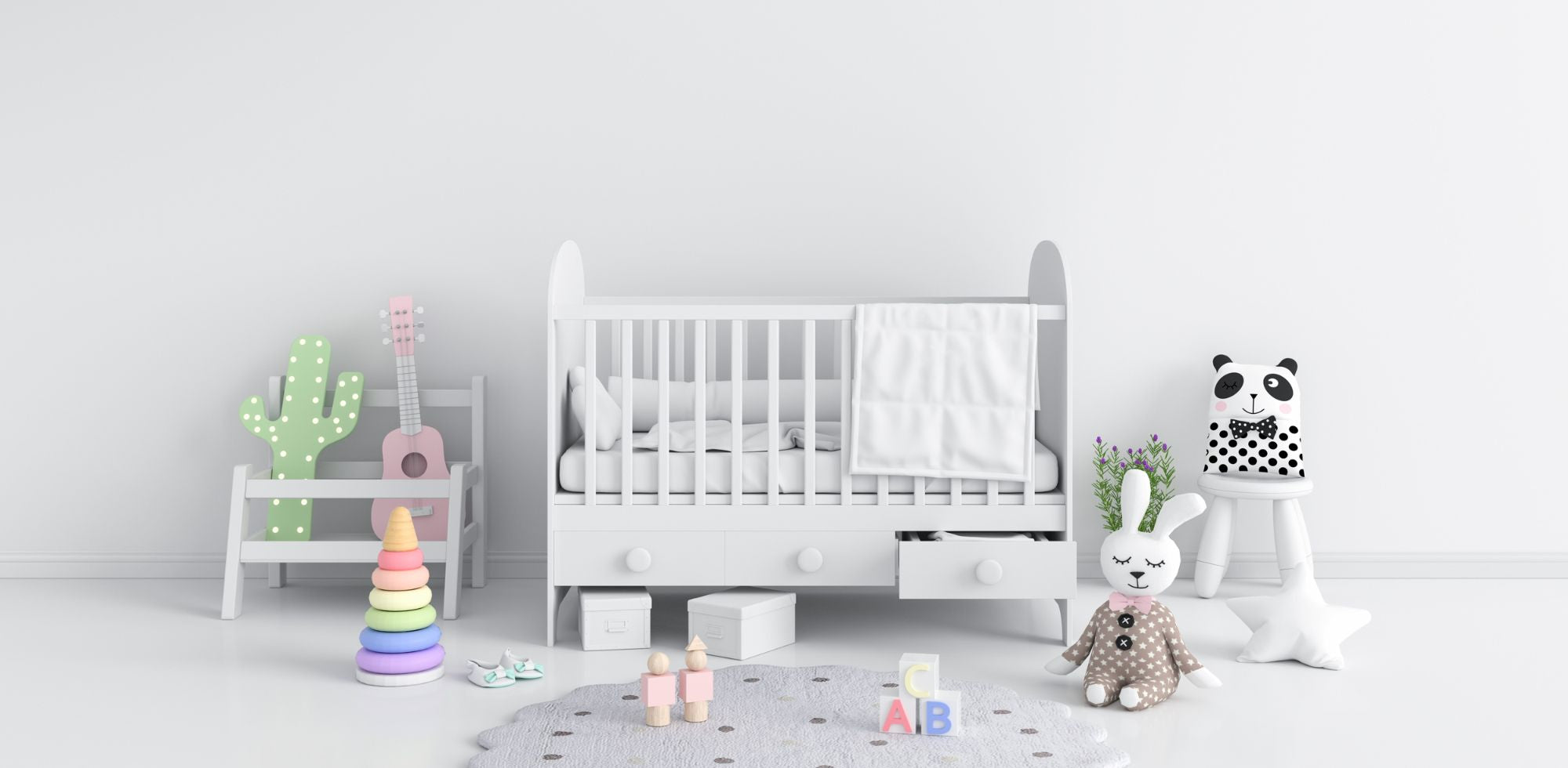Introduction
Why toys are an integral part of your baby's development
Babies are amazing little creatures that develop at an astonishing rate during their first few years of life. The science behind baby development has shown us that babies are born with an innate desire to learn and explore the world around them. From the moment they enter this world, they begin to absorb information from their environment and use this information to develop their physical, cognitive, social, emotional, and language skills.
One of the best ways to support a baby's development is through play, and toys are an essential part of this process. Baby toys provide a safe and engaging way for babies to explore their surroundings, practice their motor skills, develop their senses, and learn new concepts. Moreover, research has shown that playing with toys can promote brain development, boost creativity, and enhance problem-solving skills in infants and young children.
In this article, we'll explore the science behind baby development and explain why baby toys are so important for supporting your little one's growth and development. We'll also provide tips on choosing the right toys for your baby and offer suggestions for activities that you can do together to support your baby's development through play.
Developing your baby’s brain is an ongoing process
Early experiences affect the development of brain architecture, which provides the foundation for all future learning, behavior, and health. The basic architecture of the brain is constructed through an ongoing process that begins before birth and continues into adulthood. In the first few years of life,more than 1 million new neural connections form every second.*After this period of rapid proliferation, connections are reduced through a process called pruning, which allows brain circuits to become more efficient. From the moment your baby is born, every experience taken in by the five senses helps strengthen the connections that guide development. The connections that form early provide either a strong or weak foundation for the connections that form later.
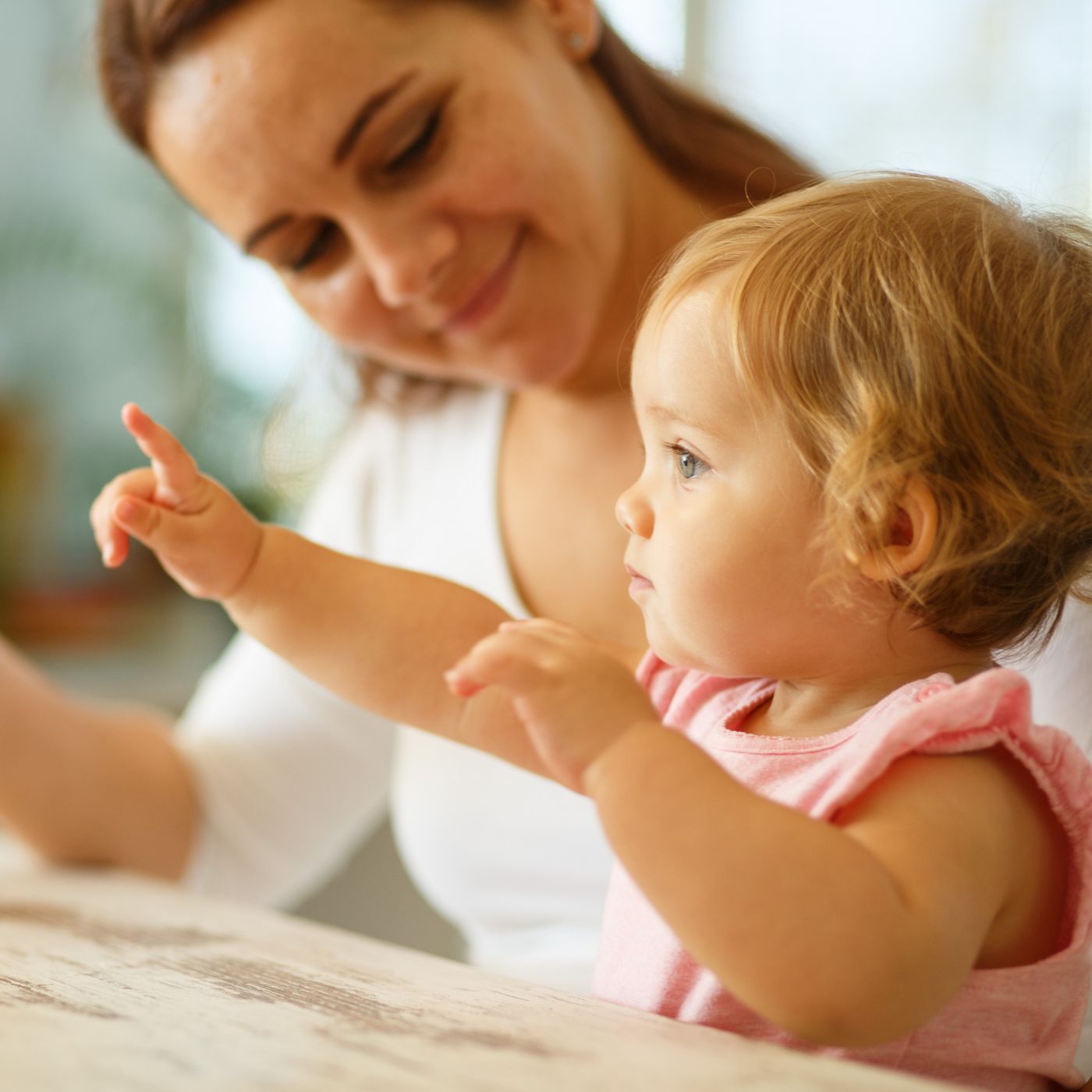
Serve and return
Although genes provide the blueprint for the formation of brain circuits, these circuits are reinforced by repeated use. A major ingredient in this developmental process is the serve and return interaction between children and their parents and other caregivers in the family or community. In the absence of responsive caregiving—or if responses are unreliable or inappropriate—the brain’s architecture does not form as expected, which can lead to disparities in learning and behavior. Ultimately, genes and experiences work together to construct brain architecture.
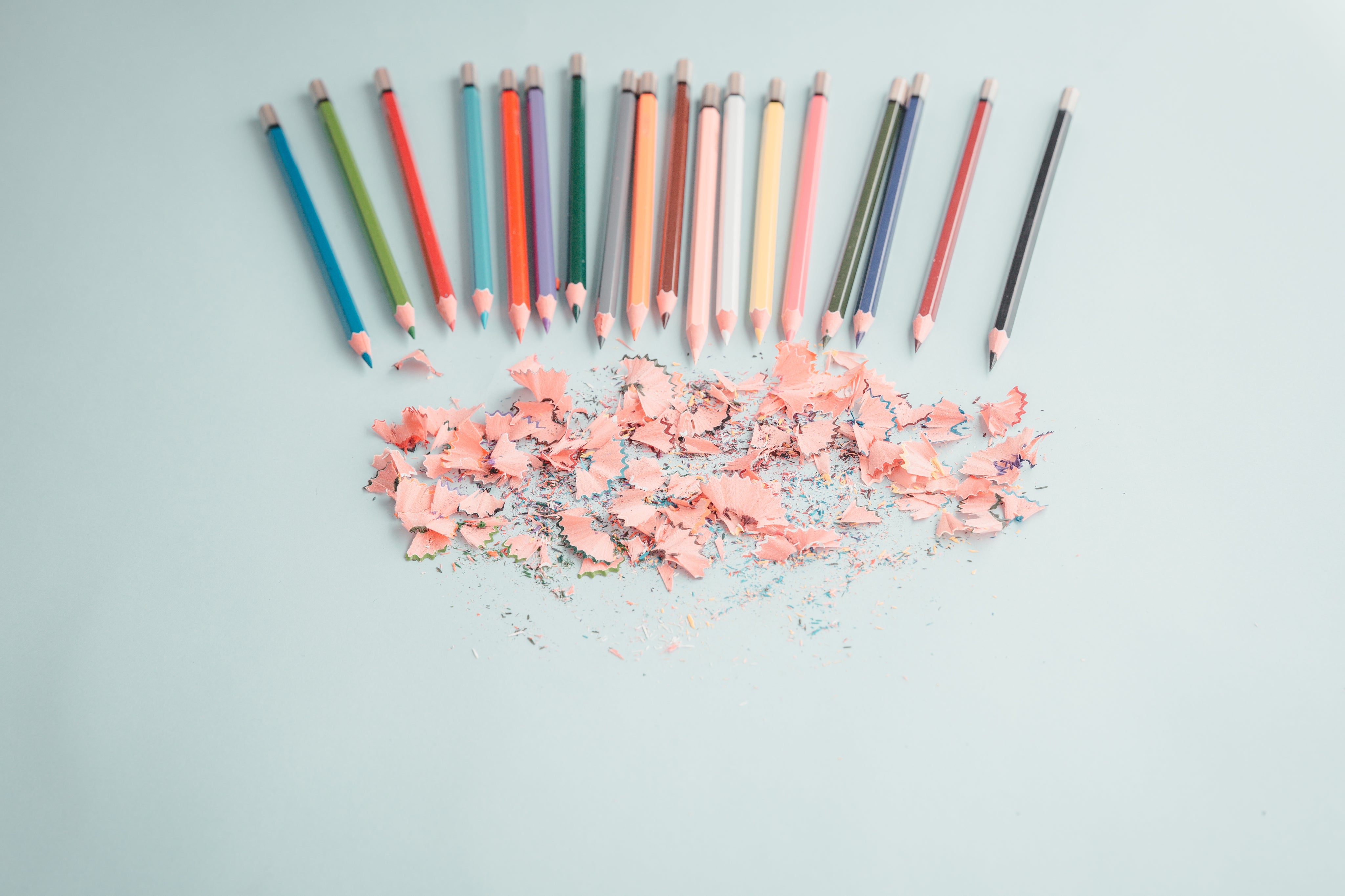
Harvard univerity
Serve and return explained
Play is essential for developing the brain
The experiences little ones have during play help strengthen and expand networks of connections in their developing brains. As the parent you are their first teacher and play a critical role in supporting play. You can encourage and expand your baby's play by providing a variety of toys for them to explore, by modeling different things to do with a toy, by making suggestions, by describing what you are doing with the object, or by asking "what if" questions as they grow older, like "What would happen if you mixed the red and blue paint?"
Critical Baby Development Areas
There are several critical areas of development that parents and caregivers should be aware of when it comes to baby development. These areas include social and emotional development, language and communication development, cognitive development, motoric development, and sensory development.
Social and Emotional Baby Development
Social and emotional development is an essential aspect of baby development, as it shapes a baby's ability to form healthy relationships and interact with others. From birth, babies are social creatures, and they crave interaction and attention from their caregivers.
One of the best ways to support social and emotional development is through play. Playtime provides a safe and supportive environment for babies to learn about emotions, develop empathy, and practice social skills. Baby toys that encourage social interaction, such as dolls or stuffed animals, can help babies develop a sense of empathy and learn about the importance of nurturing relationships.
Language and Communication Baby Development
Language and communication development is another critical area of focus in baby development. Language is an essential tool for communicating needs, thoughts, and feelings, and it's crucial for a baby's social and emotional development.
Baby toys that promote language and communication development include books, puzzles, and games that encourage conversation and interaction. For example, picture books with simple words and colorful illustrations can help babies learn about new words and concepts. Toys that encourage imitation, such as toy phones or microphones, can also help babies develop their language skills by promoting conversation
Cognitive Baby Development
Cognitive development refers to the growth and development of a baby's mental processes, including perception, attention, memory, and problem-solving skills. Babies are born with the ability to learn and absorb information from their environment, and their cognitive abilities develop rapidly during the first few years of life.
Baby toys can play a crucial role in promoting cognitive development by providing opportunities for babies to learn new concepts and practice their problem-solving skills. Toys that encourage exploration and experimentation, such as building blocks or shape sorters, can help babies develop their problem-solving and critical thinking skills. Toys that promote cause-and-effect, such as push-and-pull toys or toys that make noise when activated, can help babies learn about the relationship between actions and consequences.
Motoric Baby Development
Motoric development refers to the growth and development of a baby's physical abilities, including gross motor skills (such as crawling, walking, and jumping) and fine motor skills (such as grasping, reaching, and manipulating objects). Babies develop their motor skills through practice and repetition, and toys can provide a fun and engaging way for babies to practice and refine their physical abilities.
Baby toys that promote motoric development include balls, rattles, and toys with different textures or shapes. Toys that encourage crawling or walking, such as push toys or ride-on toys, can also help babies develop their gross motor skills. Toys that promote fine motor skills, such as stacking blocks or puzzles with large pieces, can help babies develop their hand-eye coordination and dexterity.
Sensory Baby Development
Sensory development refers to the growth and development of a baby's sensory systems, including touch, taste, smell, sight, and hearing. Babies are born with a natural curiosity and eagerness to explore their environment, and their sensory systems play a crucial role in helping them make sense of the world around them.
Baby toys can help promote sensory development by providing opportunities for babies to explore different textures, sounds, and colors. Toys with different textures, such as soft toys, wooden toys, or toys with bumps or ridges, can help babies develop their sense of touch. Toys that make different sounds, such as rattles or musical toys, can help babies develop their sense of hearing. Toys with bright colors and contrasting patterns can help babies develop their sense of sight.
The right toys can help your baby thrive
In conclusion, baby development is a complex and multifaceted area of focus that requires attention and support from caregivers and medical professionals alike. Baby toys play a crucial role in supporting baby development by providing opportunities for babies to explore, learn, and grow. When choosing baby toys, it's essential to consider the critical areas of development, including social and emotional development, language and communication development, cognitive development, motoric development, and sensory development. By choosing the right toys and engaging in playtime activities that support baby development, caregivers can help babies reach their full potential and develop into happy, healthy, and well-rounded individuals.

